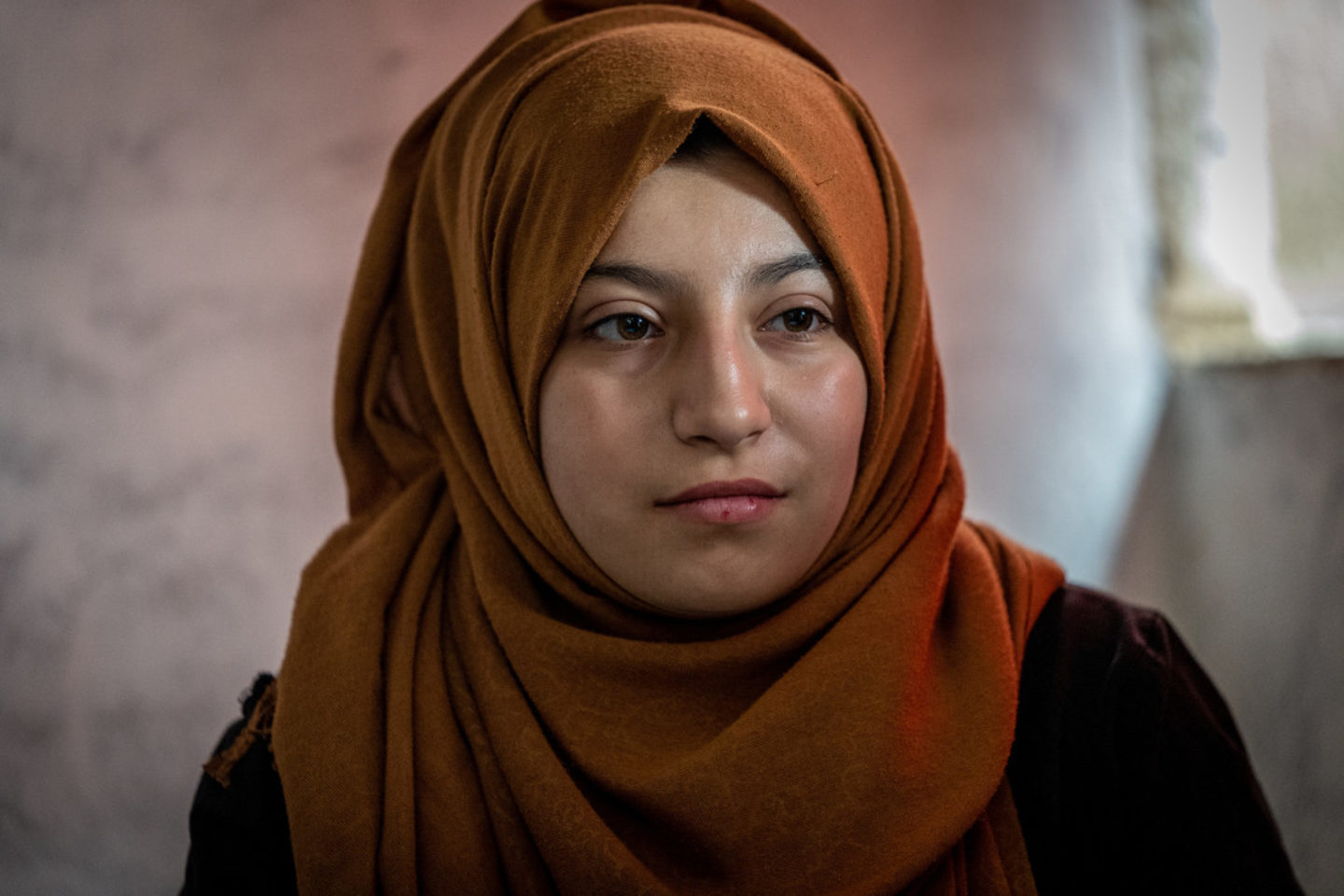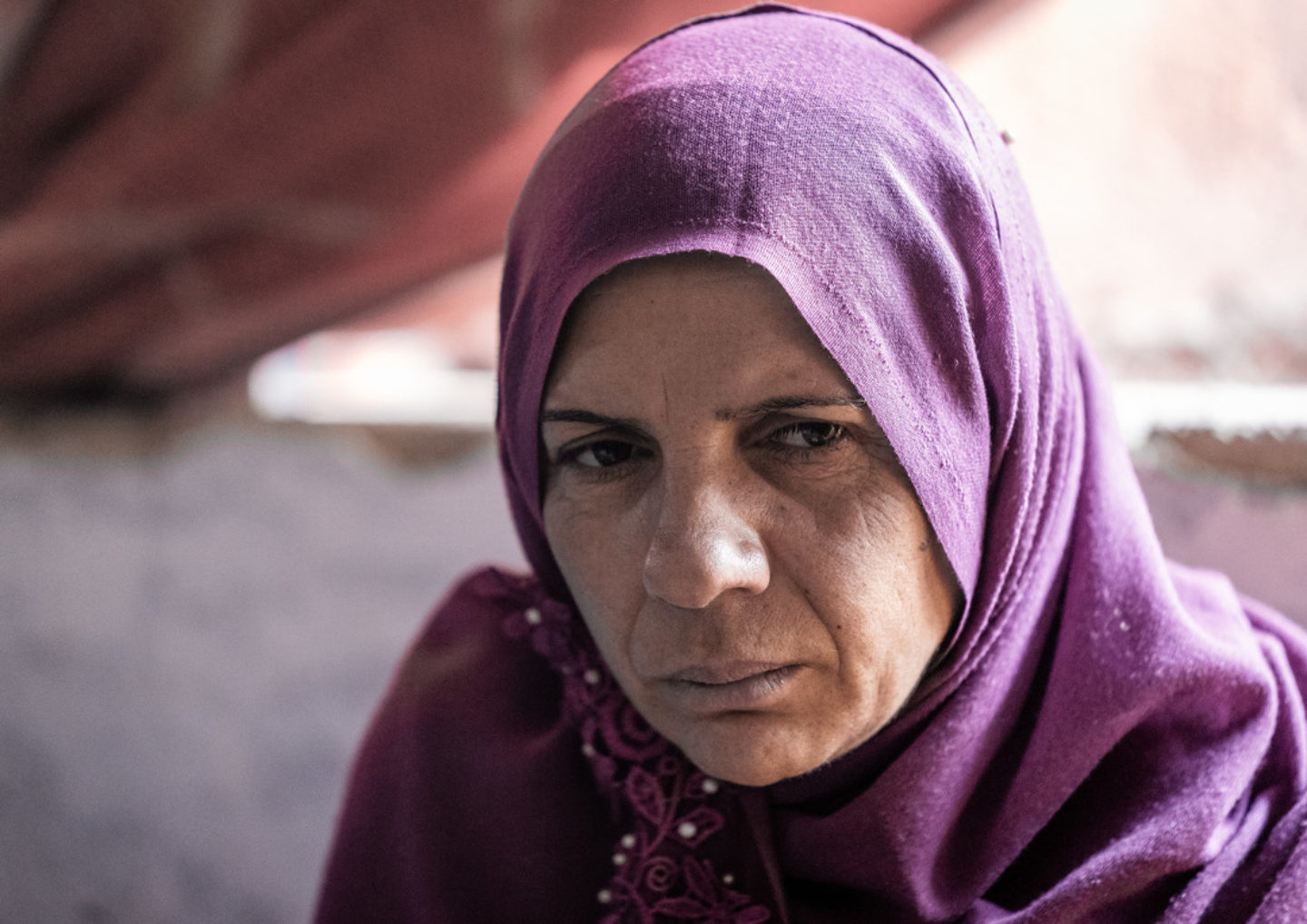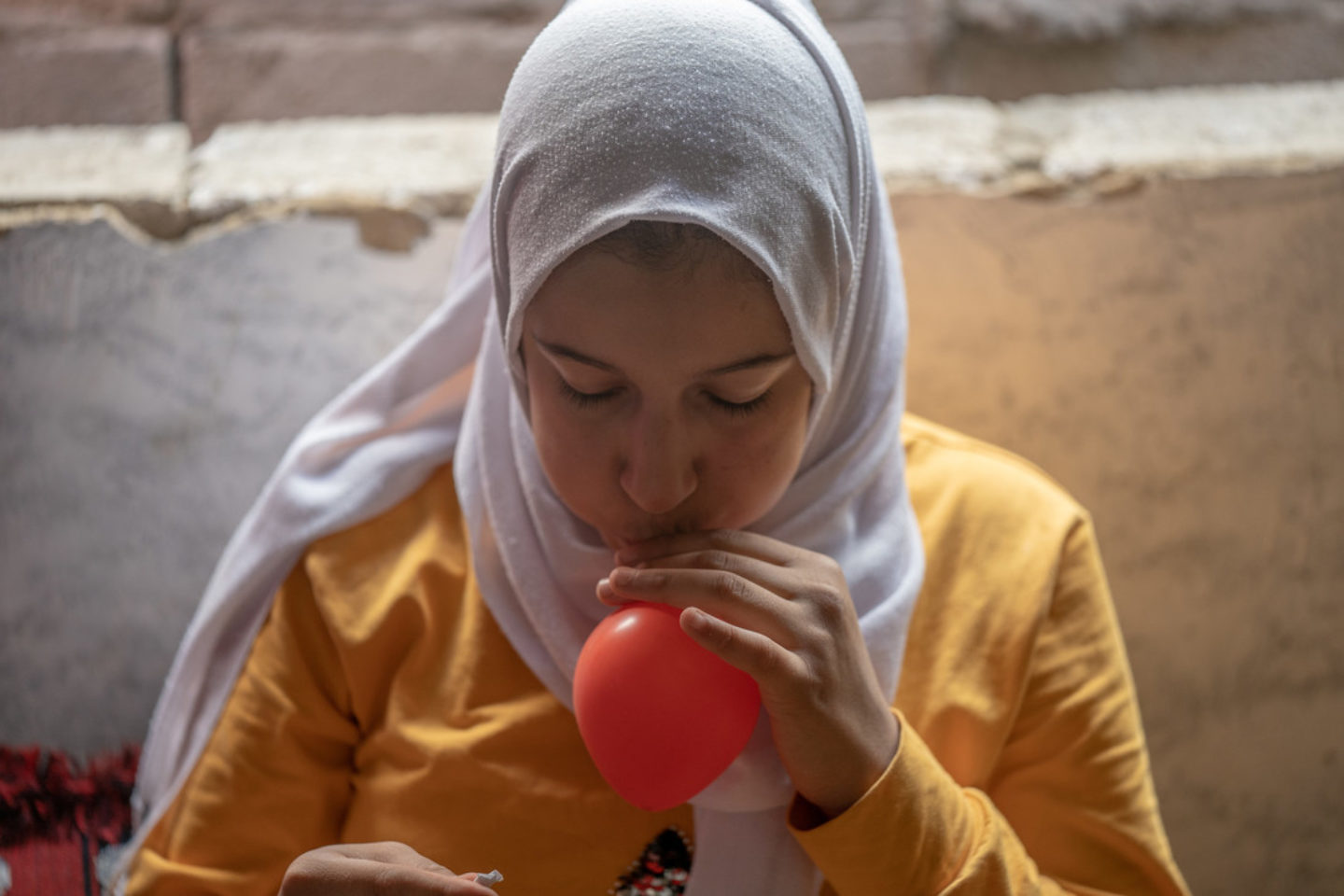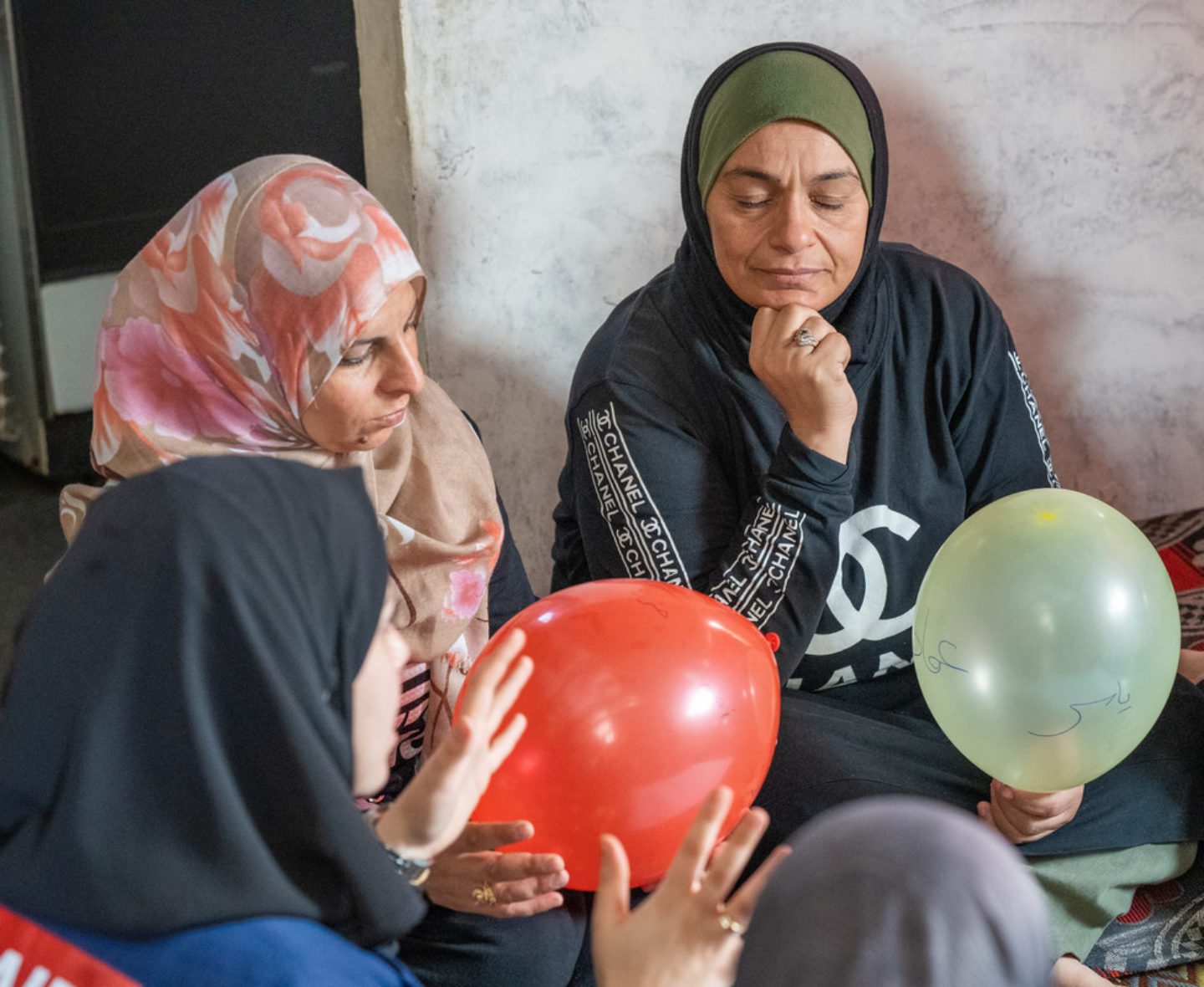Stories from Lebanon
Peace of Paper
“My parents are Palestinians. They fled Palestine in 1948 and found refuge in Syria. I was born in Yarmouk Camp, the largest “unofficial” Palestinian refugee camp in Syria. Today, after several decades, it has been my turn to be a Syrian refugee in Lebanon. I always ask myself this question, yet, no answer. “What is it to move always to nowhere, to the unknown, and search endlessly for a home? What is it to live alone with a piece of you somewhere else?” A place I have never seen, and I have never imagined that it will take my children and husband away.
“It was a dark night, an endless night. Barefoot, my four children, husband, and I fled our house in Syria, searching for a safe place to settle. Over the mountains of Lebanon, we lost each other. Today, I live in a tent in the Bekaa Valley of Lebanon with two of my children. My husband and two other children took the death-boats over the sea to Europe; they arrived and settled in Turkey.
“For legal issues, my family in Turkey cannot come back, and I can’t go there. I have no identity card to help me move around with my children; an additional burden that detaches us from the dream of feeling at home.
“Time has passed by. It has been two years since I left the hand of my older boy, Saead. It has been two years of fighting stress and overthinking.
“My children blame me for separating them from their siblings. They don’t know that it wasn’t my choice. However, they will understand when they grow up. They will understand the black circles under my eyes; they will understand my loud voice, my screams, my unjustified outrage, and my tears. I know it is unhealthy to break down in front of them, but what shall I do? How can I heal the pain in my heart? How can I forget? What is next? I ask myself these questions endlessly every single day.
“I visited a psychologist. I took anxiety pills. I did many exercises that helped me control my feelings. Yet nostalgia kills me. I miss touching their faces, kissing, and hugging them dearly to my heart. I miss their smell and smiles. I miss our days together. It is not only me suffering, but my children are also suffering. We are pouring our anger over each other. This is not healthy.
“I know hundreds of families who are apart because of the crisis in Syria; a lot of sadness, disappointments, and hard stories. I know I’m not alone in this. And that is why I always talk, to let go. And I always listen, too. I listen to the stories of my relatives and neighbours here in these vulnerable tents, and I listen to their daily problems and struggles. Sometimes this is what most of us need, someone to talk to — a good listener.
“Thank God, thank God endlessly.”
We met Om Saead during a mental health support group that Medair psychosocial support officers hold in informal settlements. She was sitting in a circle among many Syrian refugee women, on the floor of a warm cozy tent. Every woman had the chance to talk and express her emotions, her problems, and how she deals with stress. Every story teaches us something. But above all, the discussions give these ladies the voice to speak up and the courage to still dream and pursue what they want in life.
Om Saead will never stop wanting to see her family one day — ‘and I will’, so she says.
Fatima will do her best to stay in school and study computer programming eventually.

Fatima
Lubna will always help her sick mother and stand by her side, as she knows that God will reward her and bless her family ‘with the good days coming’.
 Lubna
Lubna
Ahlam knows well that life is about winning and losing, and she’s hopeful that tomorrow will be better, and she will go back home to rebuild her house and get her children back to school.
 Ahlam blowing the balloon
Ahlam blowing the balloon
It is fascinating how this activity has produced a very immense vibe of positivity. By the end of the group discussion, Nouhad, Medair relief worker, asked the women to write their negative feelings and bad memories on a piece of paper, put it into a balloon and breathe out all the stress into this balloon. Then she asked them to pop the balloon to let go of the sorrow.
“Although the feelings are painful, they remind me of my loved ones,” says Om Saead as she hugs the balloon tightly. “May God unite us one day…” she repeats peacefully as she pops the balloon.

Om Saead (right) holds the balloon and closes her eyes as she recalls memories with her family. She wrote the names of her children around the balloon
We all need to let go, to write down those heavy feelings on the paper and wrap it away.
On that day, I knew why a pen and paper help me find peace in this busy world.
Through the financial support of the European Union Regional Trust Fund ‘Madad’, Medair is able to provide psychosocial support and empower Syrian refugee women.
Medair’s work in Lebanon is made possible by the generous support from the European Union Trust Fund, MADAD, Global Affairs Canada, Lebanon Humanitarian Fund administered by United Nations Office for the Coordination of Humanitarian Affairs, Swiss Solidarity, United Nations High Commissioner for Refugees, and generous private donors.
* Names have been changed.
